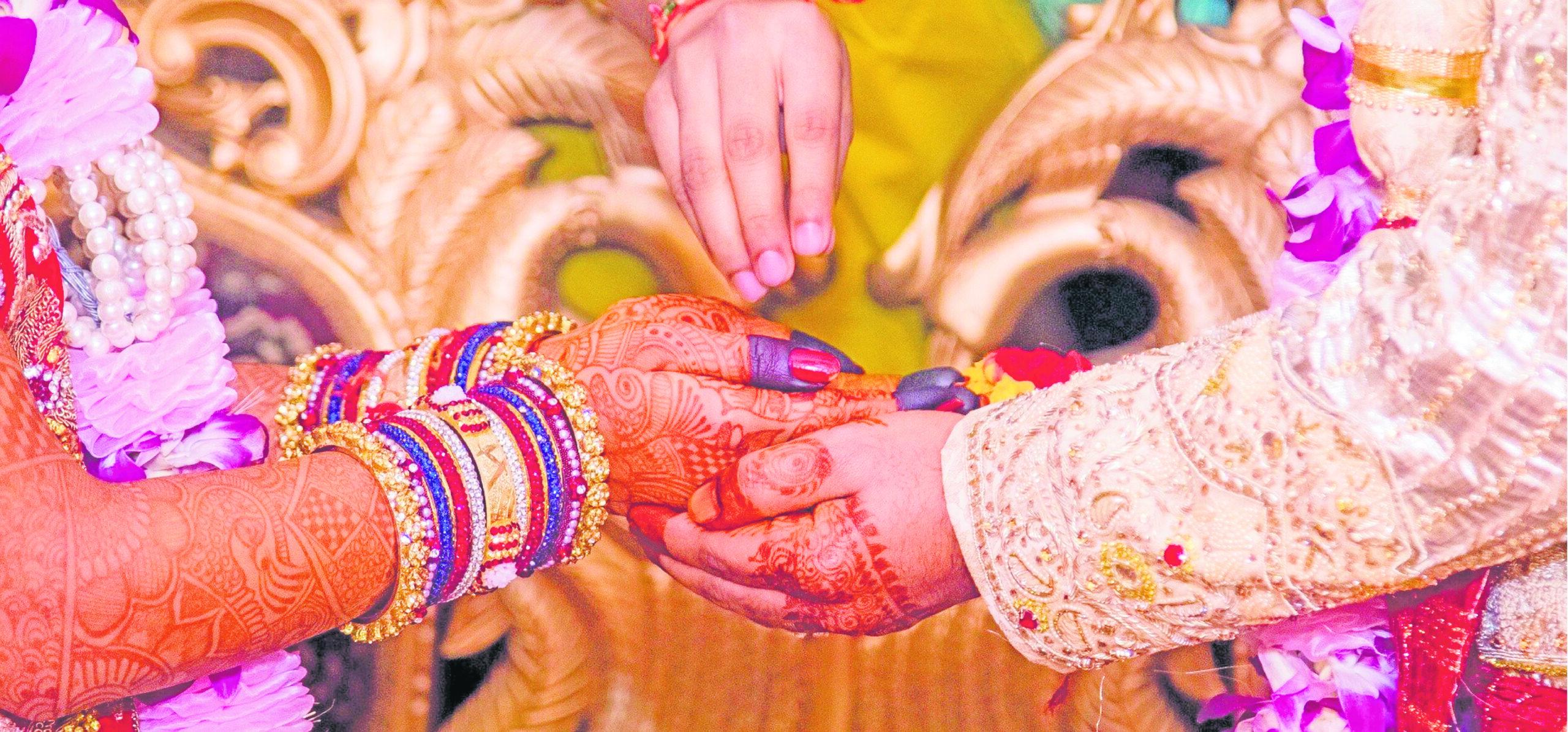Across India’s vibrant tapestry of cultures and traditions, one common thread binds us – the sanctity of marriage. Yet, even the knots of love can fray, leaving couples entangled in disputes that threaten the very fabric of their union. In these moments of emotional turmoil, a beacon of hope emerges – mediation. For decades, the adversarial nature of courts, with its protracted processes and emotional toll, has cast a long shadow over matrimonial disputes. The very institution meant to mend cracks often widened them, leaving families fractured and scarred. Thankfully, a silent revolution is underway, propelled by the transformative power of mediation. Unlike the adversarial battlefield of courtrooms, mediation offers a safe space for dialogue. A neutral, trained mediator act as a bridge, guiding couples through the labyrinth of their grievances. This shift in perspective empowers both parties to be heard, understood, and, most importantly, respected.
For Indian marriages, steeped in complex familial dynamics and social pressures, this non-judgmental approach is invaluable. Issues like dowry, financial incompatibility, or interference from families can be addressed with cultural sensitivity, paving the way for solutions tailored to the couple’s unique circumstances. Furthermore, mediation offers a glimmer of hope for reconciliation. Unlike legal pronouncements that often mark an irreversible ending, mediation empowers couples to rediscover their connection, rebuild trust, and potentially salvage their relationship. This is particularly crucial in India, where the concept of “ghar bachao” (saving the home) holds deep emotional weight. However, despite its advantages, the path to widespread adoption of mediation in India is not without its challenges. Awareness levels remain low, particularly in rural areas. Additionally, societal stigmas attached to seeking help and a lack of trained mediators hinder its accessibility. Overcoming these hurdles requires a multi-pronged approach. Increased legal mandates for mandatory mediation can act as a catalyst. Training a diverse pool of culturally competent mediators, including those from rural communities, is crucial. But most importantly, we must collectively shed the misconception that seeking help is a sign of weakness.
The Supreme Court of India has played a significant role in promoting mediation as a preferred mode of dispute resolution in matrimonial matters. Recognizing the emotional complexities and sensitive nature of marital discord, the Court has emphasized the benefits of mediation in facilitating amicable settlements and preserving relationships. While mediation is not a guaranteed solution for all matrimonial disputes, it offers a valuable alternative to the adversarial nature of litigation. The Supreme Court’s strong advocacy for mediation has paved the way for a more amicable and constructive approach to resolving marital conflicts in India.
Mediation is not a panacea, nor is it appropriate in every case. However, its immense potential to navigate the emotional minefield of marital conflict cannot be ignored. It offers a chance to mend torn threads, not with cold legal pronouncements, but with threads of understanding, empathy, and a renewed commitment to love. This is a path worth paving, for the sake of not just individual couples, but for the very fabric of family and community in India. Let us embrace the promise of mediation, ensuring that in the face of marital discord, India’s families find not conflict, but a pathway to healing and, perhaps, even reconciliation. Let us mend the torn threads, not with law, but with love.
Dr. Apoorva Dixit is Assistant Professor (SG), School of Law, G D Goenka University,
Gurugram.














